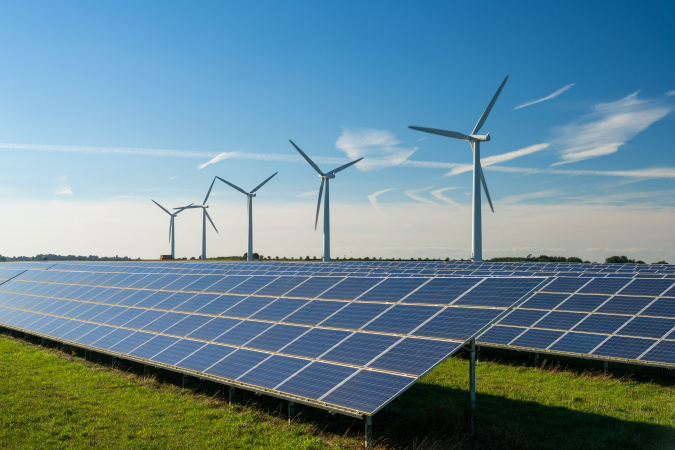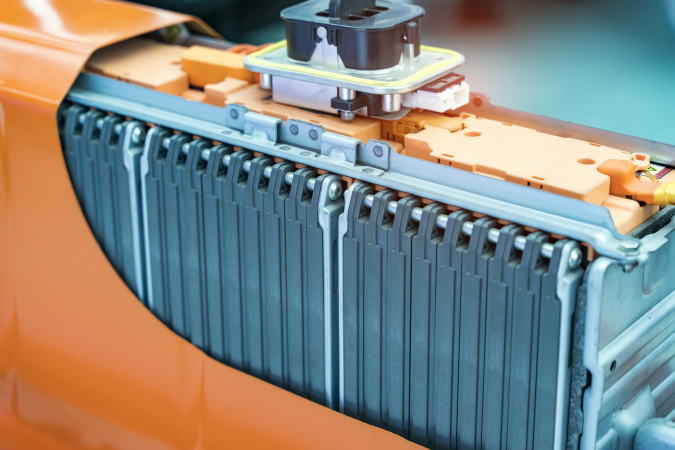Research Foci & Facilities



Research Foci
Advanced Energy Storage and Conversion
Hydrogen energy and fuel cells for transportation and power generation; nanostructured materials for energy storage devices including fuel cells, advanced batteries, solar cells, electrolyzers, and supercapacitors; grid-scale energy storage systems; smart grids; machine learning in energy systems; bio-inspired energy technologies; thermoelectric materials and devices; nanoscale heat and mass transfer; enhancing energy storage, conversion, and generation play a crucial role in global efforts to achieve carbon neutrality.
Conventional Technology
Fossil fuels (coal, petroleum, natural gas, liquefied petroleum gas); wind turbine materials and design; hydropower structures; hydrology; solid waste treatment; environmental effect of nuclear power; advanced technologies for conventional energy production, such as gas hydrates, microwave refining, and the conversion of coal, natural gas, and biomass into liquid fuels.
Economy and Society
Projections of global energy such as key technologies, investment trends and subsidy policies; clean production process for reducing consumption and pollution; software solutions for waste minimization and pollution prevention; smart water supply systems; green materials in industrial applications and building environments; health and environmental risk analysis; socio-economic assessments for effective policy making; sustainable transportation, and regional and global policies for efficient energy use.
Energy Efficiency and Conservation
In electronics and green information and communication technology: energy integration for chemical and energy industries, solid-state energy systems, energy-efficient computation, modelling and simulation, optimization of energy systems, high-efficiency power electronics, power management integrated circuits (ICs), low-power ICs design, battery-powered electronics, wireless communication networks and systems. In energy-efficient buildings: thermal insulation materials, thermal systems, intelligent buildings for energy-saving, LED lighting, and electronics cooling systems.
Sustainable Technology
Enhancing energy efficiency of green energy sources such as biofuels, solar, wind, wave, geothermal, and tidal power; nanostructured electrodes; graphene-based anode and cathode materials; organic and inorganic photovoltaic materials and devices; gasification of biomass for energy production; biorefinery and bioprocessing for energy generation; innovative technologies for converting and recovering solid wastes into energy; and renewable energy integration.
